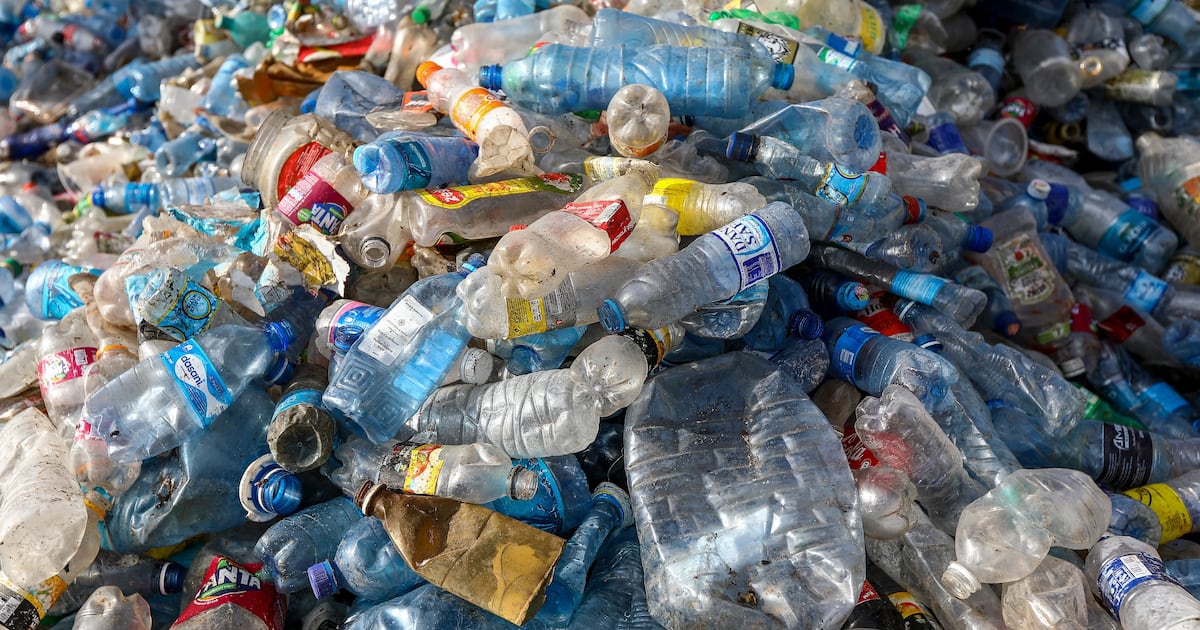A proposed survival scheme for the long-established Wellman International manufacturing and recycling business in Co Cavan will see its workforce reduced from 203 to 138.
Barrister Stephen Byrne presented the scheme, set out in a report by examiner Kieran Wallace, to Mr Justice Rory Mulcahy at the High Court on Wednesday.
Mr Byrne said the report sets out details of a proposed investment plan, subject to conditions, including compulsory redundancies. The alternative scenario is liquidation of the company with the loss of all jobs, the court was told.
The judge made directions for the hearing on September 23rd of the examiner’s application for court confirmation of the scheme, as required under the Companies Act. Court protection for the company, based in Mullagh, continues in the interim.
In his report the examiner, who was appointed last June, said the proposed scheme offers a reasonable prospect of survival for the company as a going concern and will facilitate costs reductions and operational improvements.
Under the scheme the claims of some creditors, including employee claims, are impaired and all employees are on notice of potential redundancy as the scheme requires the workforce be cut to a maximum 138.
Certain other creditor claims, including general unsecured creditors and intercompany creditors, are also impaired.
Wellman International, incorporated here in 1970, manufactures recycled polyester fibre products (PET) from used plastic bottles and waste polyester products for a wide variety of industrial uses, including in the automotive, home, geotextile and industrial sectors.
The company is fully owned by Indorama Ventures Recycling Netherland BV, ultimately owned by Indorama Ventures Public Company Limited, listed in Thailand.
The Mullagh site is the largest European producer of recycled polyester fibres. The Cavan-based arm of the company carries out manufacturing in Ireland but principally does its business in the rest of Europe.
In his report the examiner said Wellman faced challenges in recent years, including falling demand for recycled PET for reasons including importation into Europe from China of lower-priced plastic resin that had not been recycled or reused. It was also affected by market volatility due to factors including the Russian invasion of Ukraine, the war in Gaza and international tariffs.
It was loss making during 2023 and 2024 and relied on considerable shareholder and group company financial support to fund its continued operations. As a result of the losses, running to double-digit millions, its parent company withdrew its support.
The company’s liabilities included more than €12 million owed to intercompany creditors, including almost €11 million to Indorama Netherlands BV.
Despite the fall in demand and sales, the company’s fixed costs, particularly employee costs, have remained high and no longer reflects the output of the company, the report said.
The proposed investment plan involves the investor acquiring a 100 per cent shareholding in the company, including a €3 million loan and €1.95 million in new subscription money. The examiner said the investor has indicated further short-term investment of about €5.95 million will be made for the purpose of working capital and capital expenditure projects.
The examiner said the investor operates a number of waste processing facilities and purity plastic recovery plants across the UK. A key component of the investment is the investor’s ability to reduce the cost of the company’s raw material inputs, the examiner said.
The scheme, which also proposes the replacement of the existing directors of the company with investor-nominated directors, was approved at creditors meetings on September 9th but must be confirmed by the court.
The Industrial Development Authority, which has sought repayment of €540,000 under a grant made in 2021 to the company, had consented to the proposed change of control at the company.
When Mr Wallace was appointed last June, Unite, one of the trade unions representing the employees, said the workers believed the plant could be turned around if the majority of plastic recyclables being exported was instead processed locally.
